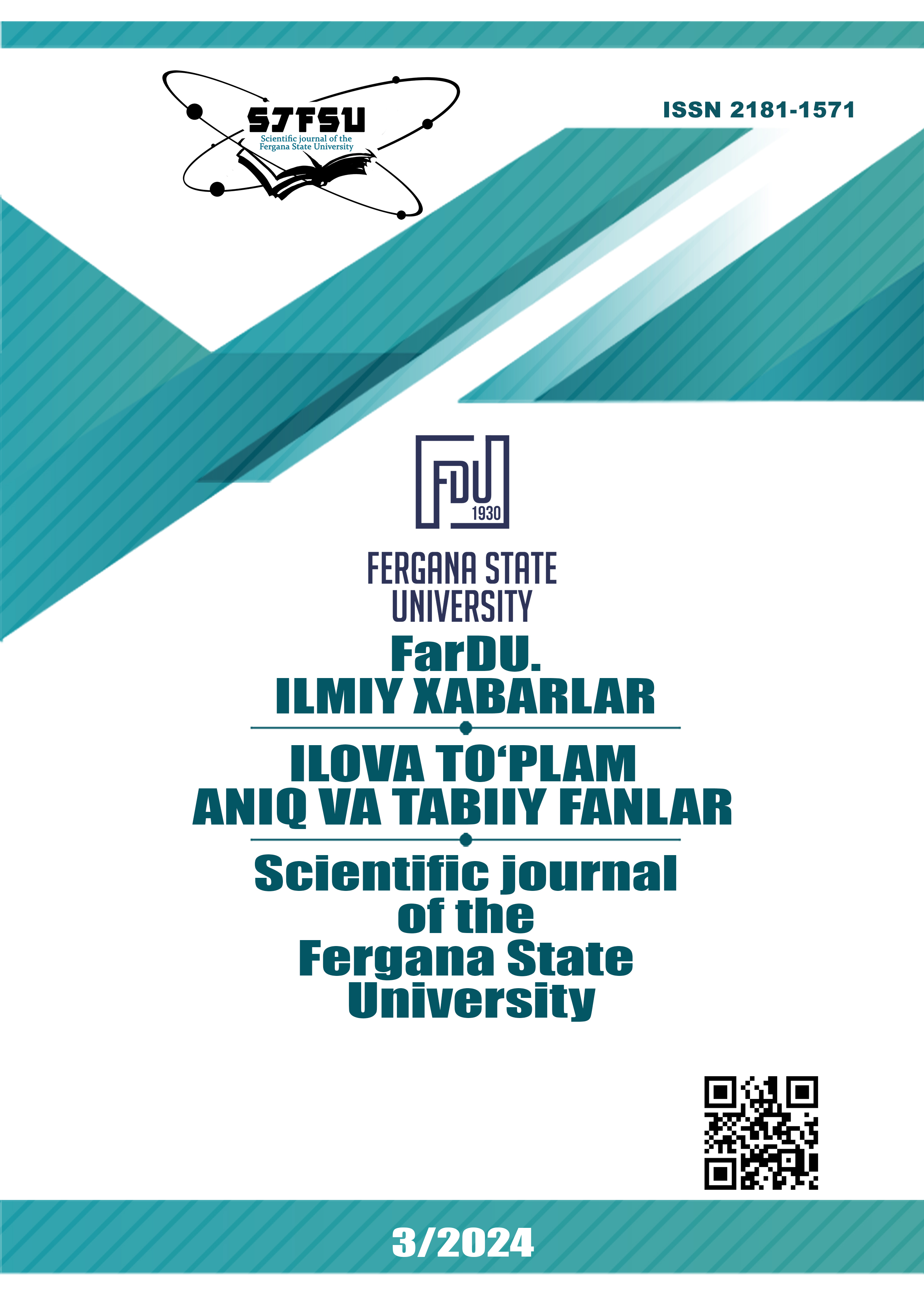ON THE ESSENCE OF LINGUISTIC INTERFERENCE
Keywords:
linguistic interference, language learning, bilingualism, language contact, second language, native language, linguistics, language acquisition, language norm, speech interference, lexico-semantic interference, phonetic interference.Abstract
This article examines the topic of linguistic interference and its impact on second language learning. The main focus is on the interaction between the native language and the language being studied, and the consequences of this process for language acquisition. The theoretical and practical aspects of studying interference phenomena in linguistics are discussed, attempting to explain how these processes occur during the interaction of two languages and how this interaction can affect the effectiveness of language learning. The article also distinguishes between the negative and positive aspects of interference and proposes methods to reduce or prevent it during language learning. The problem of interference arises due to the presence in the learners' minds of the linguistic rules of the native language, which can cause various difficulties in the learning process. It also delineates the concepts of language contact, bilingualism, and interference, and analyzes the role of each in the language learning process.
References
Будренюк Г.М., Григоревский В.М. Языковая интерференция и методы её выявления. - Кишинёв, 1978.
Вайнрайх У. Языковые контакты. - Киев, , Вища школа, 1979.
Игнатьев Е.И. ва бошқалар. Психология. - Т.: Ўқитувчи, 1970.
Краткий психологический словарь. - М., 1985.
Реформатский А.А. Введение в языковедение. - М., 1970.
Розенцвейк В.Ю. Основные вопросы теории языковых контактов. - В кн: Новое в лингвистике. вып. VI Языковые контакты. – Москва: Прогресс, 1972.
Стрелков С.П. Механика. – М.: Лань, 2005. – С.488; Физика. 11-синф. - Т., 1996.
Федоренко Л.П. Закономерности усвоения родной речи.- М., 1984.
Шчерба Л.В. Языковая система и речевая деятельность. – Ленинград: Наука, 1974.
Downloads
Published
Issue
Section
License
Copyright (c) 2024 Scientific journal of the Fergana State University

This work is licensed under a Creative Commons Attribution-NonCommercial-NoDerivatives 4.0 International License.

